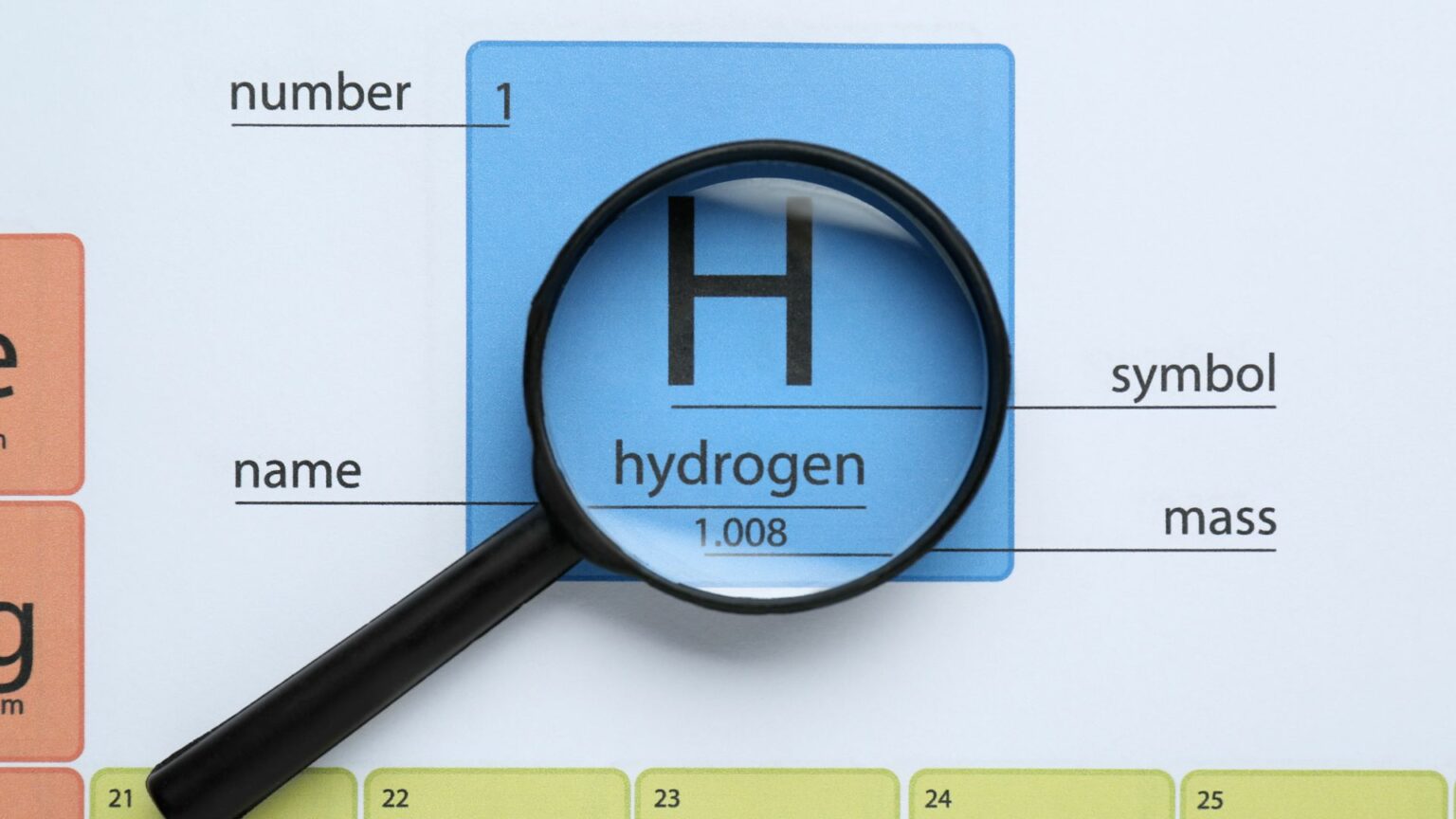Nucleareurope recently issued a position paper highlighting the potential benefits of EU-based hydrogen production, emphasizing energy sovereignty, industrial competitiveness, and environmental sustainability.
The paper also provides a set of recommendations for policymakers aimed at fostering the development of clean hydrogen in the EU. This article critically examines the position paper, contextualizing its claims within the broader hydrogen energy sector.
Nucleareurope’s Director General, Yves Desbazeille, asserts that domestic hydrogen production can enhance the EU’s energy security. The reliance on imported fossil fuels has long been a vulnerability for the EU, making the transition to locally produced hydrogen a strategic priority. Hydrogen, as a versatile energy carrier, offers the potential to diversify the energy mix and reduce dependency on external sources.
However, this potential must be measured against current industry capabilities and infrastructure readiness. While hydrogen can indeed play a significant role, the transition requires substantial investment in production, storage, and distribution networks, which are currently underdeveloped.
The environmental benefits of hydrogen, particularly green hydrogen produced via renewable energy sources, are well-documented. Hydrogen emits only water when used as a fuel, making it a clean alternative to fossil fuels. Nucleareurope emphasizes this point, suggesting that hydrogen can significantly contribute to the EU’s decarbonization goals.
Nonetheless, the environmental impact depends heavily on the method of hydrogen production. Grey hydrogen, produced from natural gas without carbon capture, still emits significant CO2. Blue hydrogen, while cleaner, relies on carbon capture and storage technologies, which are not yet widely implemented. The EU must therefore prioritize green hydrogen to achieve genuine environmental benefits.
Nucleareurope’s position paper also highlights the economic advantages of developing a domestic hydrogen industry, including reindustrialization and job creation. The growth of hydrogen technologies can stimulate various sectors, from manufacturing to research and development, driving economic growth.
Yet, the cost of hydrogen production remains a barrier. Green hydrogen is currently more expensive than fossil fuel-based alternatives. Strategic investments in technology and infrastructure are necessary to reduce costs and make hydrogen economically viable. The EU must balance short-term economic pressures with long-term sustainability goals to ensure a competitive hydrogen market.
Nucleareurope advocates for a diversified approach that includes all net-zero technologies, such as nuclear-based hydrogen production. Nuclear energy can provide a stable and large-scale source of low-carbon electricity for hydrogen production, complementing renewable energy sources.
However, the inclusion of nuclear energy in hydrogen production is contentious. While nuclear power is low-carbon, it raises concerns about safety, waste management, and high initial costs. Policymakers must carefully consider these factors when integrating nuclear into the hydrogen strategy.
The position paper calls for strategic investments in infrastructure to support hydrogen production, storage, and distribution. Developing a robust hydrogen infrastructure is essential for scaling up production and ensuring widespread availability.
Current infrastructure is inadequate to meet the projected demand for hydrogen. Investments in pipelines, storage facilities, and refueling stations are crucial. Additionally, integrating hydrogen infrastructure with existing energy systems will require significant coordination and planning.
Allocating resources for research and development (R&D) is another key recommendation. Improving the efficiency and cost-effectiveness of hydrogen production technologies is vital for the industry’s growth. This includes advancing nuclear-based hydrogen production methods.
The EU has already initiated various R&D programs focused on hydrogen. However, sustained funding and support are needed to drive innovation and bring new technologies to market. Collaboration between public and private sectors will be essential to accelerate progress.





